Officially Valid Structural Certificates Ensuring Safety
We issue structural soundness certificates and specific certificates (photovoltaic and industrial) signed by licensed engineers, with technical rigor, regulatory compliance, and fast turnaround times.
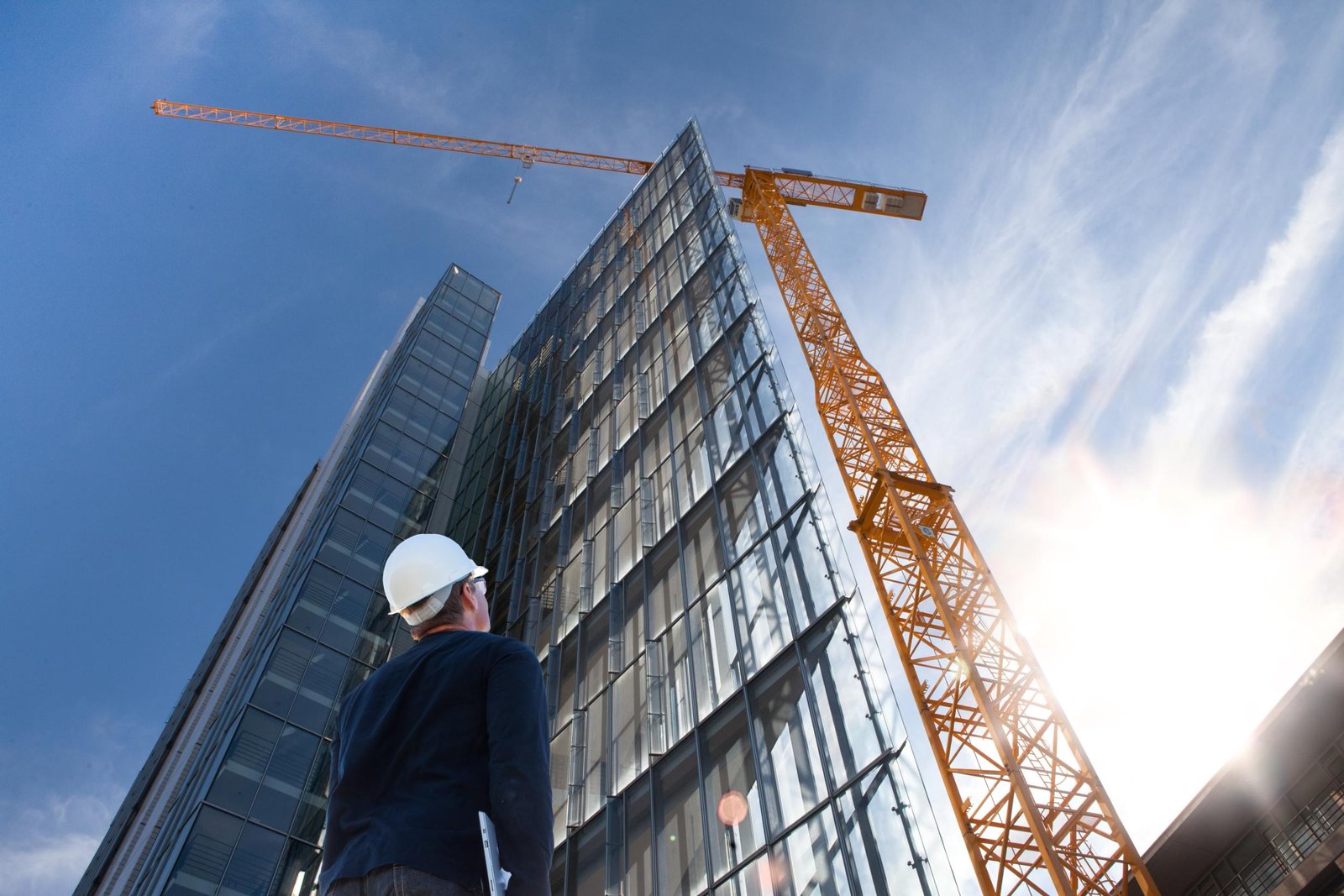
What is a structural soundness certificate?
A structural soundness certificate (or structural safety certificate) is an official technical document, signed and endorsed by a registered engineer or architect, which certifies that a building, roof, floor or installation is safe and complies with the Technical Building Code (CTE) and municipal regulations.
This document is key to:
Obtain building permits and installation licenses.
Legalize reforms or changes of use.
Certify photovoltaic installations on rooftops.
Secure industrial systems such as storage racks.
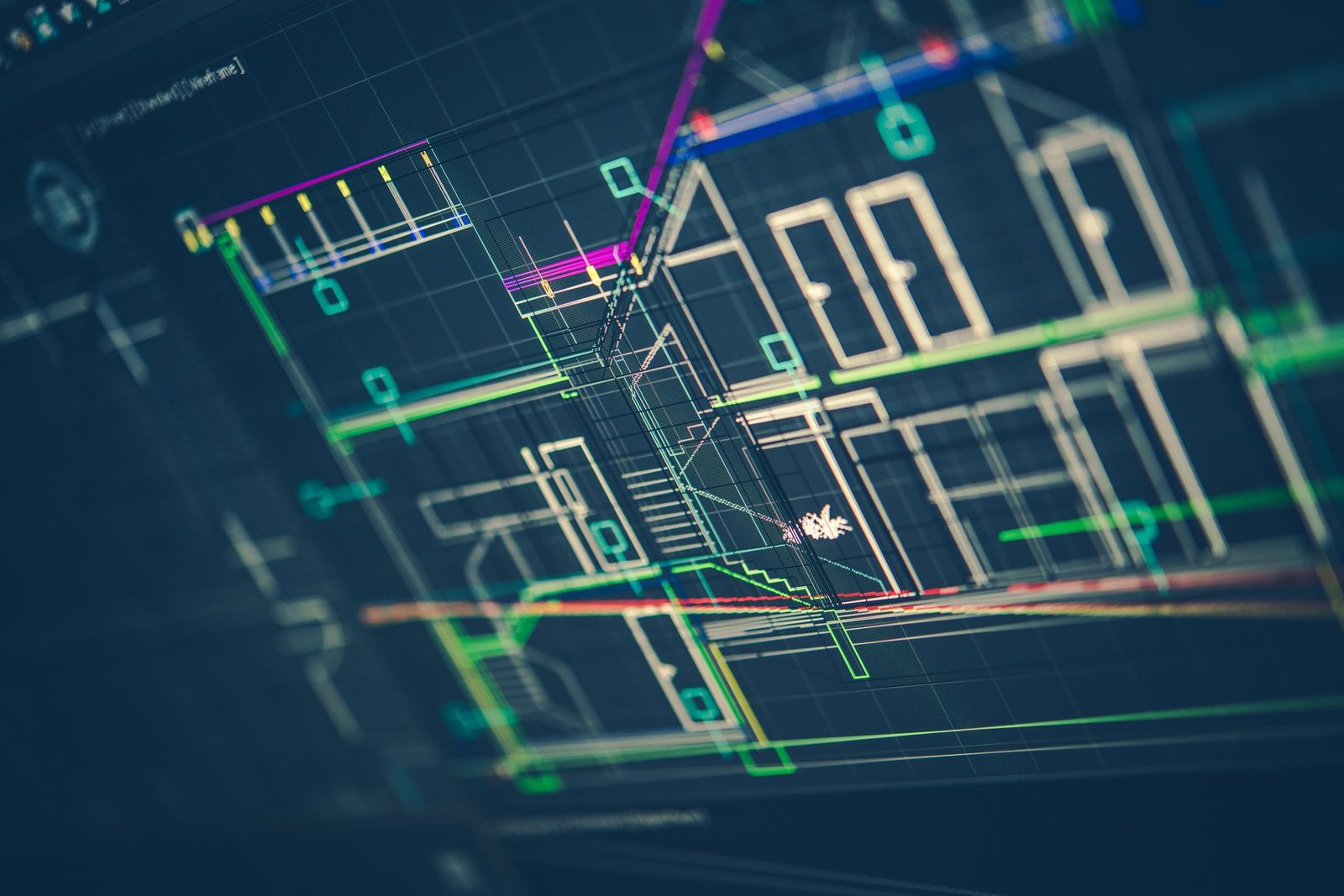
Certificate of structural soundness for buildings and renovations
Mandatory in projects where the load-bearing capacity is modified:
Changes of use (commercial premises to residential, office to public use).
Comprehensive renovations (openings, mezzanines, heavy screeds).
Installation of heavy machinery or equipment on floor slabs.
Legalization of work carried out without a permit.
Evaluation of structural defects (cracks, corrosion, deformations).
Request a quoteStructural certificate for photovoltaic installations
It certifies that the roof and support structure can withstand wind and snow loads, in addition to the weight of the PV system. Benefits:
Compliance with required regulations for permits and subsidies.
Safety for the building and the installation.
Energy efficiency and extended lifespan.
Access to financing and insurance.
Request a quote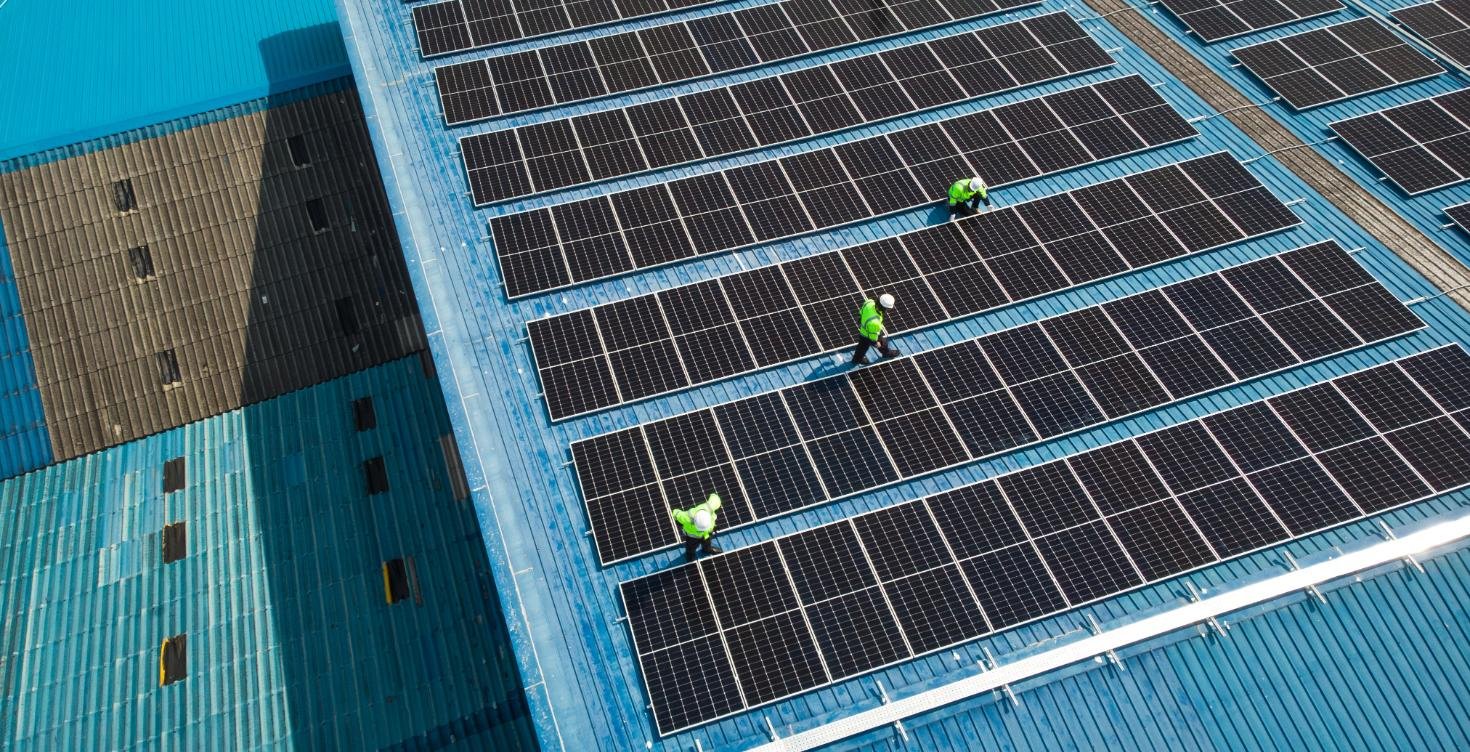
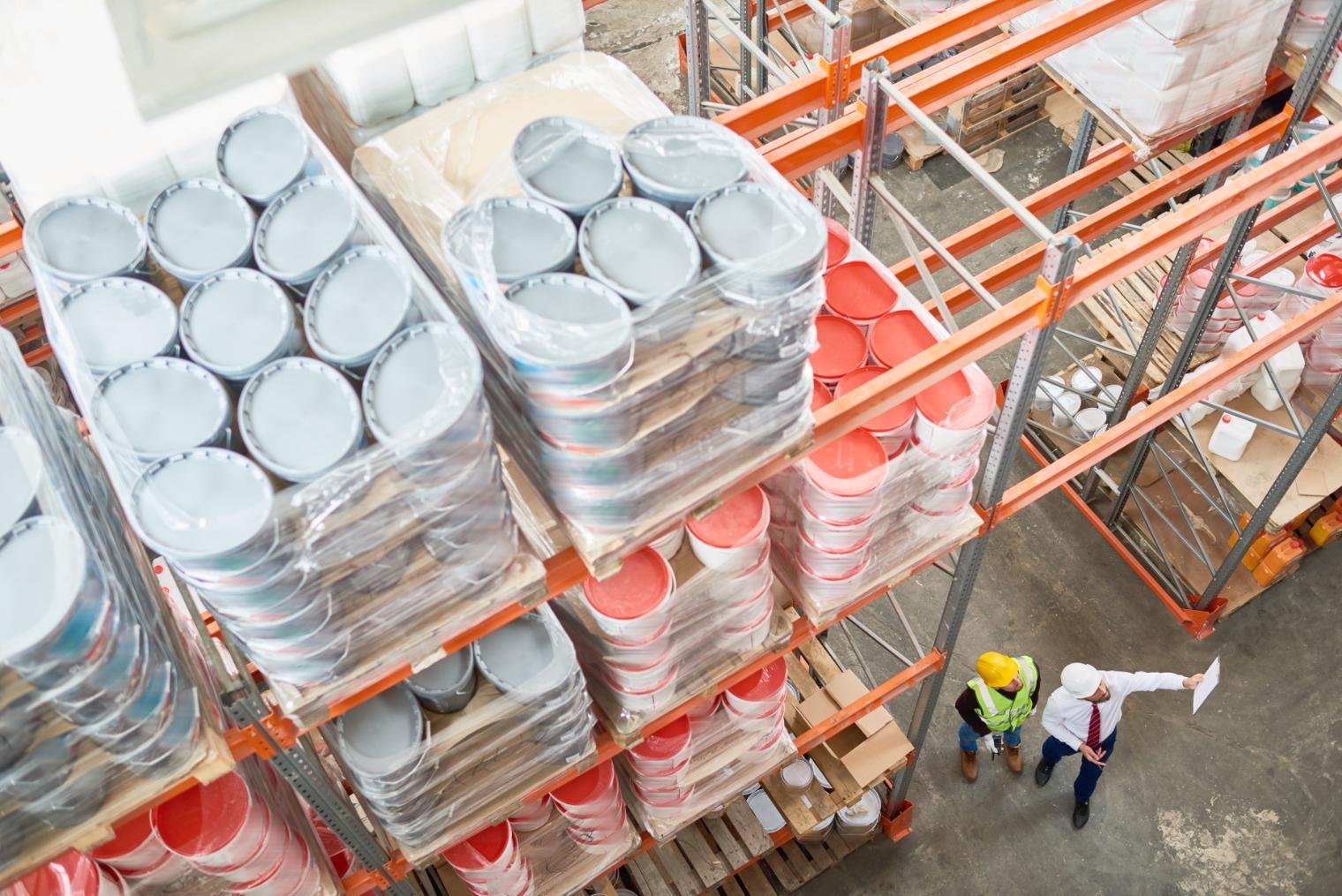
Certificates for industrial shelving
Technical verification of storage systems according to risk prevention regulations. Document required by insurance companies and safety audits.
Request a quoteCertification of imported products and structural systems
We certify imported products and structural systems, such as construction props, metal profiles, ventilated facades or modular construction systems, to guarantee their compliance with European regulations.
We evaluate each component using structural calculations according to Eurocode, perform the necessary tests (resistance, load, tension or compression) and issue the official structural certificate that accredits its safety and technical suitability for the European market.
Request a quote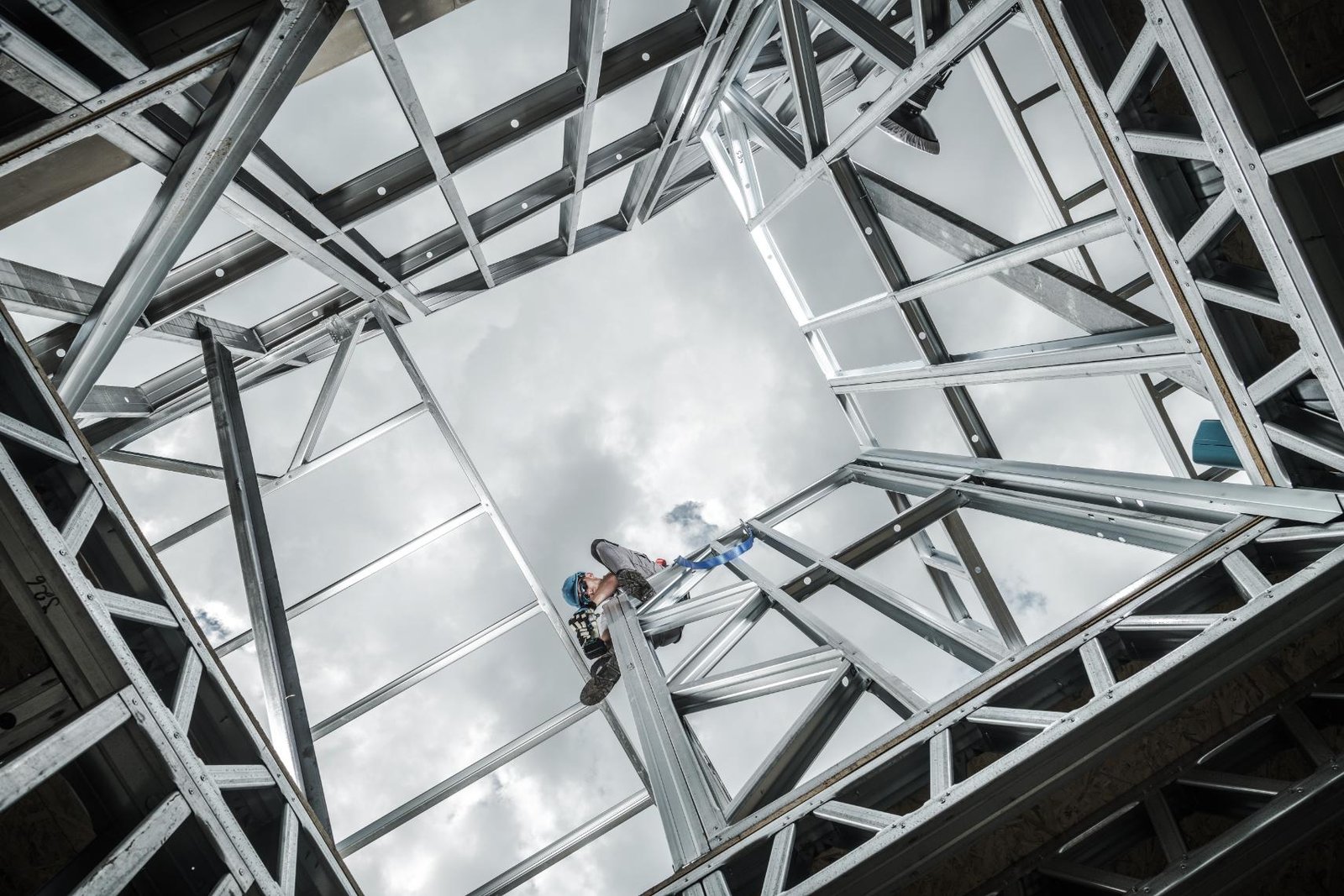
When do I need a structural certificate?
To install solar panels on the roof.
If you make a change of use of the property.
Before installing heavy equipment on a slab.
To legalize works without a prior license.
When a building presents pathologies or structural damage.
In industrial storage audits.
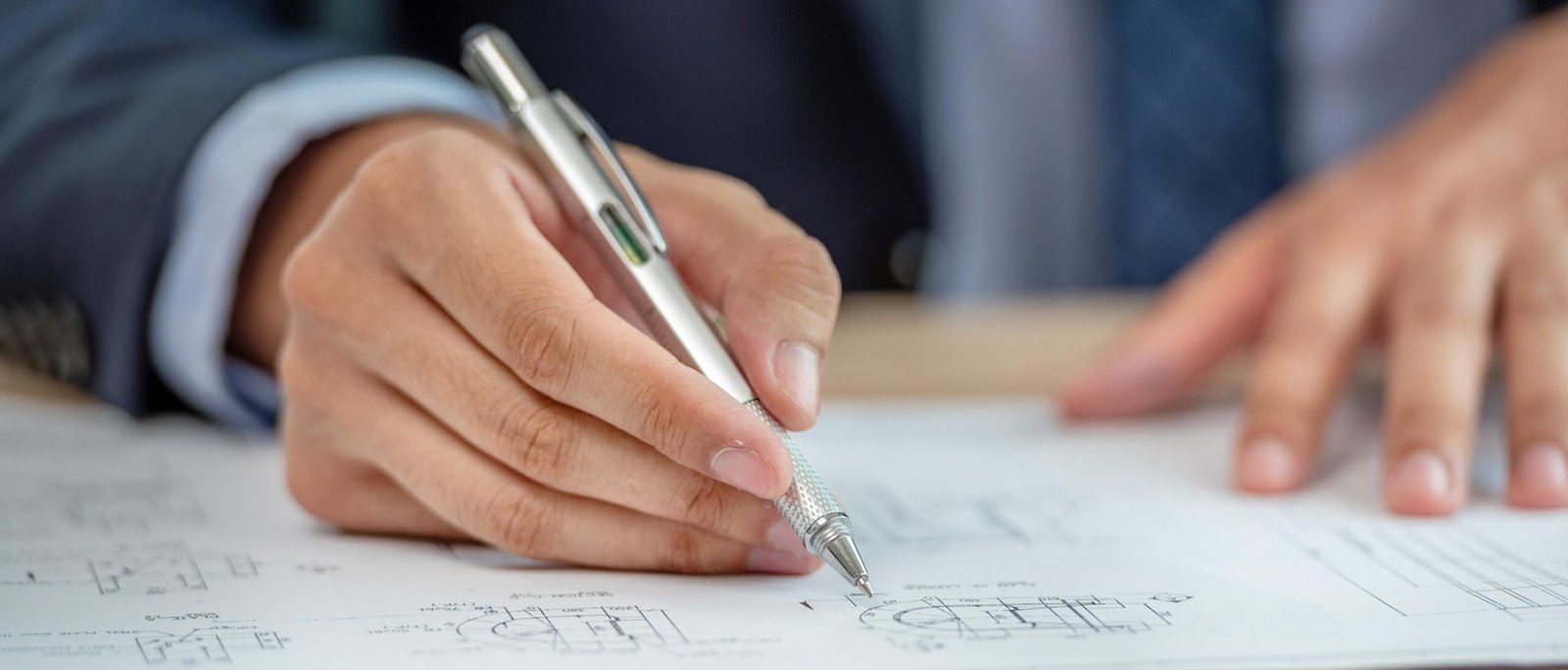
Our certification process
Technical inspection
Visit to the property and data collection.
Analysis and calculations
Structural verification with advanced software (SAP2000, Revit BIM, IdeaStatica).
Visa-certified technical report
Complete document with applicable regulations and results.
Issuance of the certificate
Official certificate signed by a registered engineer.
Benefits of having a structural certificate
Security
It protects people and property from potential structural failures.
Legal compliance
It protects people and property from potential structural failures.
Property value
It protects people and property from potential structural failures.
Financing and insurance
It protects people and property from potential structural failures.
Frequently Asked Questions
These are some of the most common questions from our customers. If you don’t find the answer, visit our Frequently Asked Questions page or Contact Us page to resolve any further questions.
It is necessary to ensure that the support structure of the solar panels complies with current safety standards and regulations. In addition, regulatory bodies and insurance companies often require it to guarantee the reliability and durability of the installation.
The geographical location, wind and snow load, quality and resistance of materials, structure design, and its capacity to withstand static and dynamic forces during the system’s lifespan are considered.
Yes. It can be issued retroactively if the structure was designed and built with adequate standards. This involves a review and evaluation of the existing installation and verification of compliance with safety requirements.
It provides confidence in the safety and reliability of the installation, reduces the risk of failures, and facilitates permits and licenses. In many cases, it is a requirement to access incentives or financing for solar projects.
It may result in penalties, fines, limitations on the use of the property or, in serious cases, the obligation to reinforce or demolish due to risk to public safety.
The architectural and structural design, materials, soil and foundation conditions, integrity of elements (columns, beams, slabs), connections, load-bearing capacity, and response to seismic or other actions are reviewed.
For new constructions, major renovations, changes in building use, and when there is suspicion of damage or weakening in existing structures.
Usually the property owner or developer. They must hire a qualified civil engineer or architect to inspect and issue the certificate after verifying compliance with safety and quality standards.
Do you need a structural certificate for your project?
Solicita tu presupuesto técnico y recibe respuesta en menos de 24h.
Spain
Carrer de Balmes, 243, 5 2 Sarrià-Sant Gervasi, 08006 Barcelona
Polígono Ind. Molí d’en Xec, Nave 2, 08291 Ripollet, Barcelona
+34 937 375 881